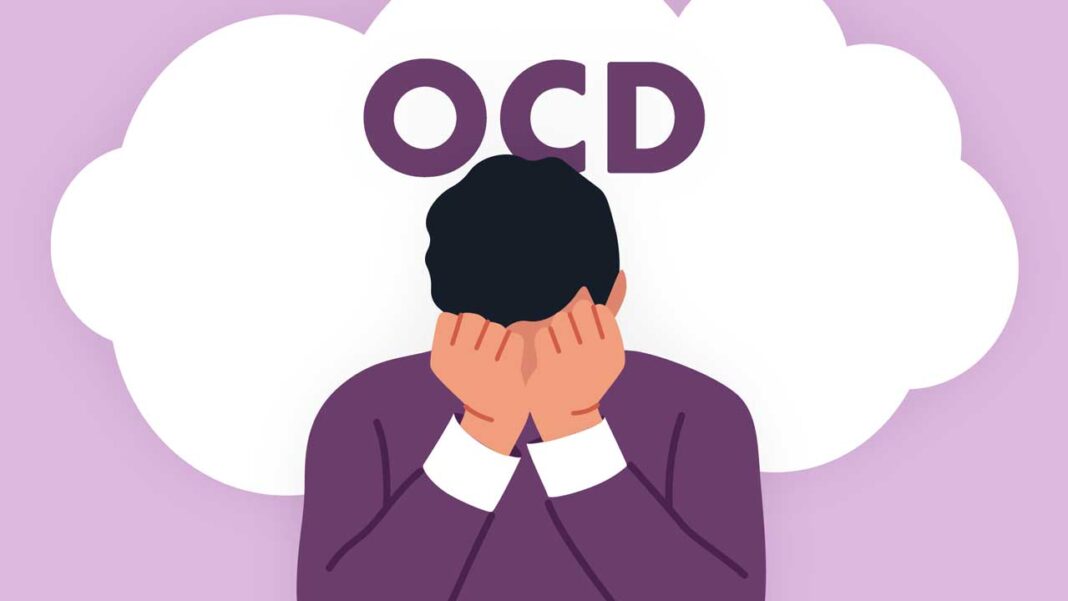Obsessive-Compulsive Disorder (OCD) is a mental health condition characterized by intrusive thoughts (obsessions) and repetitive behaviors (compulsions) that interfere with daily life. Despite its prevalence, OCD is often misunderstood. Here’s a comprehensive overview of OCD, including its symptoms, causes, and available treatment options.
Symptoms of OCD: Recognizing the Signs
OCD manifests differently in each individual, but common symptoms include:
– Obsessions: Persistent, intrusive thoughts, urges, or images that cause distress.
– Compulsions: Repetitive behaviors or mental acts performed in response to obsessions to reduce anxiety or prevent perceived harm.
– Avoidance: Avoiding situations or triggers that exacerbate obsessions and compulsions.
Causes of OCD: Unraveling the Factors
The exact cause of OCD is not fully understood, but several factors may contribute to its development, including:
– Genetics: OCD tends to run in families, suggesting a genetic predisposition.
– Brain Chemistry: Imbalances in neurotransmitters such as serotonin may play a role in OCD.
– Environmental Factors: Trauma, stress, or significant life changes may trigger or exacerbate OCD symptoms.
Treatment Options for OCD: Seeking Help
Effective treatment for OCD typically involves a combination of therapy, medication, and self-help strategies:
– Cognitive-Behavioral Therapy (CBT): CBT, particularly Exposure and Response Prevention (ERP), is the gold standard for treating OCD. It involves gradually exposing individuals to feared situations or thoughts and refraining from performing compulsive behaviors.
– Medication: Selective Serotonin Reuptake Inhibitors (SSRIs) are often prescribed to alleviate OCD symptoms by increasing serotonin levels in the brain.
– Self-Help Strategies: Self-help techniques such as mindfulness, relaxation exercises, and support groups can complement therapy and medication in managing OCD.
**Living with OCD: Coping and Support**
Living with OCD can be challenging, but with proper treatment and support, individuals can lead fulfilling lives:
– Educate Yourself: Learn about OCD and its treatment options to better understand your condition.
– Seek Support: Join a support group or connect with others who have OCD to share experiences and gain support.
– Practice Self-Care: Prioritize self-care activities that promote mental and emotional well-being, such as exercise, healthy eating, and relaxation techniques.
Conclusion:
OCD is a complex mental health condition that can significantly impact daily life and functioning. By understanding its symptoms, causes, and treatment options, individuals, families, and healthcare professionals can work together to provide support and resources for those affected by OCD. With effective treatment and self-care strategies, individuals with OCD can manage their symptoms and lead fulfilling lives. Remember that seeking help is the first step towards recovery, and with the right support, there is hope for a brighter future despite OCD’s challenges.
Source- Times of India



